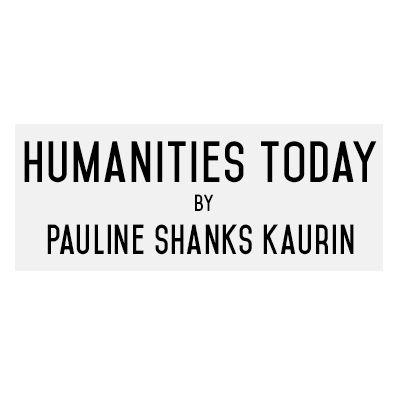
Forget about the War on Christmas, reading the popular press and social media in the last couple years, one could come to the reasonable conclusion that there is a War on the Humanities complete with offensive actions by those who doubt the value of the Humanities, especially relative to preparing students for post-collegiate employment. There are also counter-offensives and defensive actions by prominent and ground level professors, deans, provosts, and university presidents defending the humanities against STEM, business models, and other charges that such study is a self-indulgent luxury, impractical, and won’t ever lead to a well paying job.
In the philosophy department, we are at Ground Zero for these debates; but I am happy to report that while it’s not Much Ado About Nothing, reports of the demise of the Humanities (at least at PLU) are a bit overblown. There are clearly serious issues and challenges, but I do not see these issues as any better or worse than when I arrived in the late 1990’s as a new faculty member out of graduate school.
So what is going on at PLU? At PLU, many of our philosophy faculty have areas of research that relate to applied and public areas of concern (moral injury, biomedical ethics, ethics and economy, animal rights, food), teach in multi and interdisciplinary programs and work with other faculty, and staff across disciplines and areas of expertise. We also engage our students in student/faculty research and professional activities, participate in community service and public engagement with our scholarship, bring our scholarship into the classroom for current students, and organize public events that include alumni and general audiences.


We have courses that engage the perennial philosophical questions and present implications for our contemporary contexts. We ask students to examine their own ideas, commitments, lives, and assumptions; they learn how to think and read texts critically, give analysis and generate and charitably defend their own arguments while considering possible objections and challenges. All of these elements and others we focus on at PLU (including service, care, and leadership) help develop the skills and dispositions of character that are critical to citizenship in a global world and to living the Good Life.
![Student Quote “I feel like [Ethics and the Good Life] make me question my own opinions and views….It makes me use a different type of thinking.”](https://www.plu.edu/prism/wp-content/uploads/sites/629/2016/05/psk-quote-edited-1.png)
While skills, dispositions and preparation for the world are important to us, we also affirm the intrinsic value of the examination of various aspects of the human experience (hence Humanities), and try to convey to our students and other constituencies the transformative power of education as part of the human experience. Many of our students, especially those taking philosophy as a part of their General Education program, remark that they would not have taken philosophy of their own choice, but found the material, process and communal experience to be valuable and transformative, regardless of their major or professional track. In a recent article in the Mast Magazine, music student Mollie Parce noted of her January term Ethics and the Good Life course, “I feel like [Ethics and the Good Life] make me question my own opinions and views….It makes me use a different type of thinking.” [i]
This kind of observation, that our colleagues in other areas of the Humanities also hear regularly, is important because it points to the value of educational experiences that are not reducible to career preparation. There is space for a kind of sustained reflection that is at the same time a luxury and necessity in a fast paced, stressful, globalized world saturated with information and imagery that we do not often stop to consider; nor do we often consider what it means to be human amidst all of these things and experiences. At PLU, we cultivate the space for intentional listening, silence and charitable and authentic conversation between complete human beings in community.
At the end of the day, the Humanities are missional at PLU. We educate for lives of Thoughtful Inquiry, Service, Leadership and Care for others and the Earth. At the center of this mission is understanding and engaging the human experience in the community and in the larger context of the world in which this experience is embodied and lived.
Works Cited
Jeff Dunn. “Molli Parce on Philosophy and Opera.” Mast Magazine. Volume 1, Issue 4, January 2016
Photo Credit
All photos by John Froschauer


